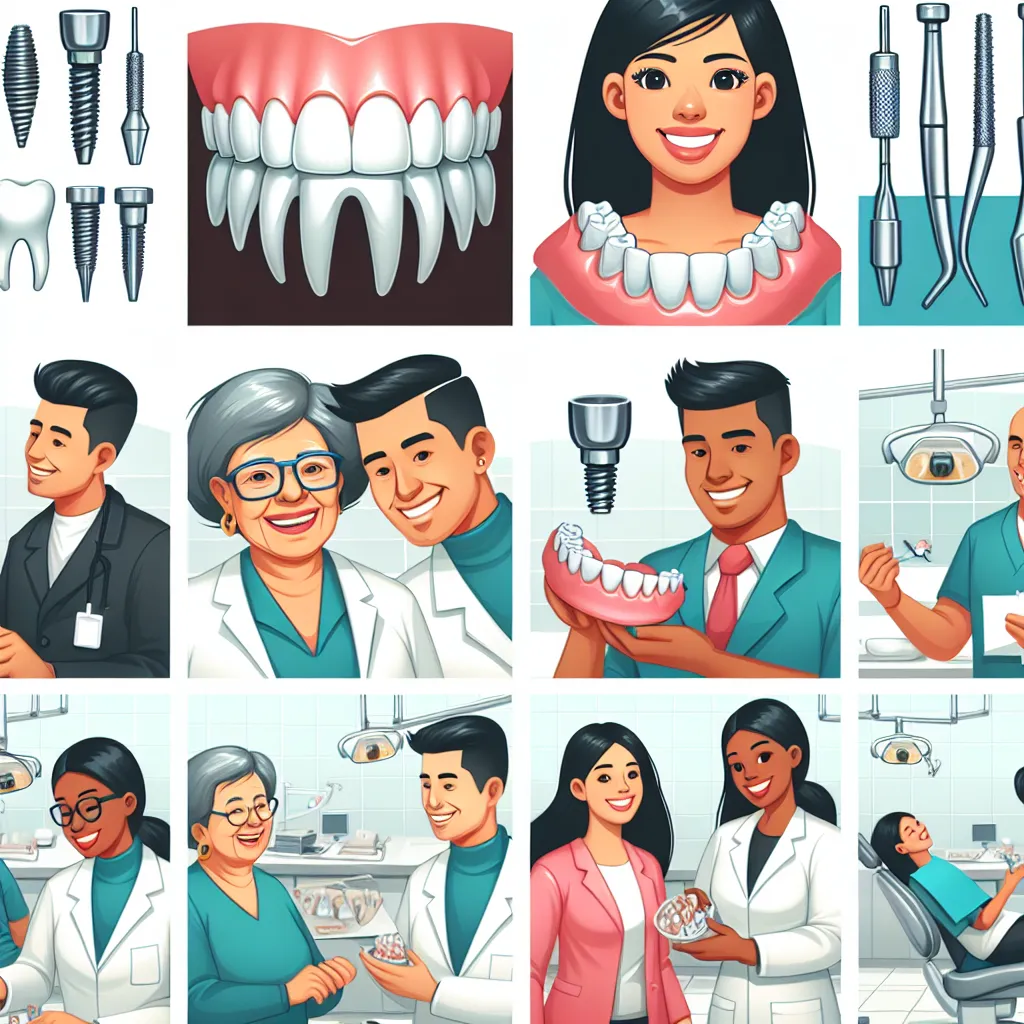Discover how dental implants dentures restore confidence, improve stability, and last decades. Learn if they're right for you today....
Explore how dentures & dental implants can restore your smile, improve confidence, and enhance oral health with long-lasting solutions....
Discover the pros, cons, and differences between dental implants and dentures to find the perfect teeth replacement option for you....



